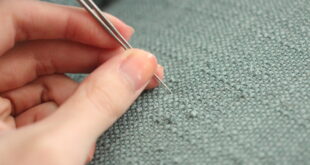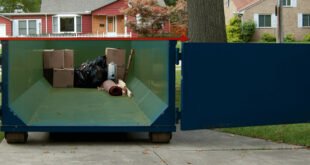Implementing ways to reduce water usage is good for the environment as well as our bank accounts. With many parts of the world experiencing drought, it is more important than ever for individuals to consciously consider their water usage. There are several ways to reduce water usage that don’t take much time or investment but will help to reduce your water bill. Whether you are wondering how to reduce water usage at home or in general, these 8 little-known tips will help you to save water.
1. Turn taps off

Always make sure to turn taps off completely when you have finished using them. You can also reduce water use at home by establishing good habits. Instead of leaving the tap running while you wash your face, brush your teeth or rinse your dishes, stop the water to eliminate unnecessary usage. It is also important to fix any leaks as they arise. Dripping taps can waste a lot of water so fixing them is crucial to reducing your water usage.
2. Repurpose water where possible
A great way to reduce your usage of water is to recycle it where you can. Wash your vegetables over a pot and collect the dirty water. This can then be used to water your garden. The same approach can be taken while waiting for the water to heat up. Capture the cold water in your kettle or in a pot for other purposes, rather than letting it just run down the drain.
3. Downsize your dishwasher
Choose a smaller dishwasher that is just as effective but doesn’t use as much water. That way, you will be reducing your water use at home without even trying. Remember to scrape every plate before placing it in the dishwasher as dirty plates use more water. Also, check the energy rating of the appliance. This will give you an indication of how efficient it is, including the amount of water it uses.
4. Have shorter showers

This is an obvious one, but still very important. Reducing the time you spend in the shower is extremely effective if you are looking to reduce your usage of water. Try setting a timer and aiming for 5 minutes or less. Using less water will also reduce the amount of regeneration required by your water softener. This will help it to last longer. For more information on water softener regeneration, click here.
5. Use low flow in your bathrooms
If you are wondering how to reduce water usage in the toilet, try installing a dual flush. Encourage all members to use the low flush option as much as possible as it uses less water. Install water-saving showerheads to slow the flow and therefore reduce the number of liters used per person.
6. Purchase a washing machine that is water efficient

Look for a washing machine with a good energy rating. Generally, a front loader machine uses less water than a top-loading one. It is one of the best ways to reduce water usage because these machines do not fill completely with water. Instead, the clothes are sprayed with high-pressure jets to get them clean.
7. Cover your pool
Pool covers help to reduce the usage of water as it stops the moisture from evaporating. It is estimated that a pool cover reduces the amount of water required for top-ups by 30-50%.

8. Water your garden by hand
Irrigation systems use a lot of water, but this amount can be reduced by watering your garden by hand. Replace these systems with a traditional watering can if you are serious about saving water. Hand watering uses about one-third less water in comparison to automatic systems.
9. Fill sinks for washing and rinsing
If you have dual sinks, take advantage of this set up by using one for washing and one for rinsing. Fill the first sink with soapy water to wash your dishes, and the other with plain, clean water to rinse them. Even if you don’t have dual sinks, you can use big bowls for the same purpose. This saves more water than you think as you aren’t wasting water by just running the tap to rinse dishes.
All of these tips will help you to reduce your water usage. The most effective way to save water is to implement a combination of these approaches, addressing water usage in a variety of rooms and situations. It is important to establish good habits so that water-saving becomes the norm.



